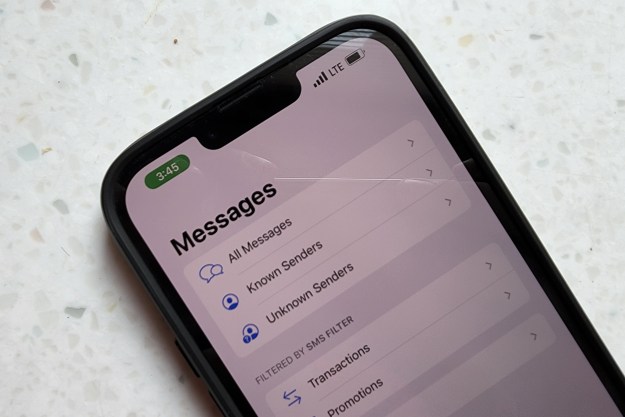
In 2014, the top European court ruled that Google was required to remove listings that were irrelevant, inadequate, or outdated, if a member of the public made a request for the company to do so. This action was intended to allow individuals to make unwanted online materials pertaining to them less accessible to others.
Google complied, and since March the company has delisted about 600,000 results in response to user requests, according to a report from The Guardian. However, last July the French data privacy regulatory board CNIL determined that these measures weren’t enough, and expanded the requirements that Google is subject to.
Delisted results are currently enforced across the European Union, meaning that someone in Great Britain couldn’t access content censored from France, regardless of which regional version of the search engine he or she was using. CNIL wants to make these restrictions apply worldwide, rather than just spanning the EU.
Google flatly rejected these requests, sparking a legal dispute that has now raged for ten months. The company’s counter-argument hinges around the idea that if France can apply its legislation on a global scale, other countries are sure to do the same to protect their own interests — and those nations might be willing to abuse that power.
Taking this issue to the Conseil d’État means that it will be addressed with some finality, one way or the other. If the court decides to uphold the ruling, Google will be forced to comply with the restrictions on its search results worldwide, or leave France altogether.
Editors' Recommendations
- Whatever you do, don’t buy the Google Pixel 7a right now
- How to generate AI art right in Google Search
- Microsoft Copilot vs. Google Duet: battle of the next-gen AI smart assistants
- Google Pixel 7a could add three huge features over the Pixel 6a
- iPhone 14 Pro vs. Google Pixel 7 Pro camera battle is unbelievably close


